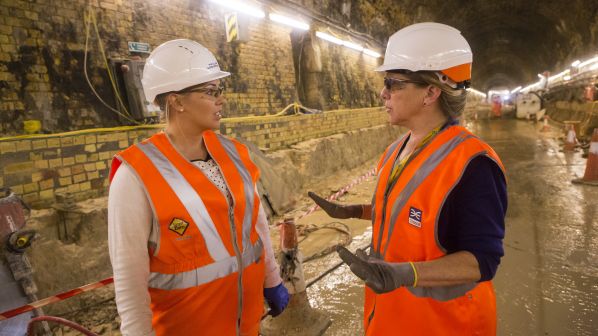Women currently account for 20% of the railway workforce, significantly below the economy-wide participation rate of 46%. In some professions, this figure is even lower.
CER and ETR have addressed women’s representation in the sector through several initiatives in recent years. However, with limited progress in boosting female employment, they have decided to step-up their work.
Railway companies, represented by CER, and trade unions, represented by ETF, are intent on changing the situation in order not to miss out on the valuable contribution provided by women, to promote diversity in the workplace, and eventually align the railway sector with general society.
“The demographic situation in the rail companies all over Europe no longer allows the railway sector to do without the abilities, skills and talent of women,” says Mr Giorgio Tuti, president of the EU Sectoral Social Dialogue for Railways. “The European Social Dialogue is the right place to negotiate effective measures to attract women to all professional areas of the rail sector.”
“ETF believes that the only way ahead is to guarantee equal opportunities and good working conditions meant to attract women in rail professions,” says ETF Deputy General Secretary, Sabine Trier. “What benefits women workers, is a benefit to all workers. It is in the interest of the sector and its employees to increase efforts and commitment to reach this goal.”
ETF represents more than 5 million transport workers from more than 200 unions in 41 European countries. CER brings together more than 70 railway undertakings from across Europe.

